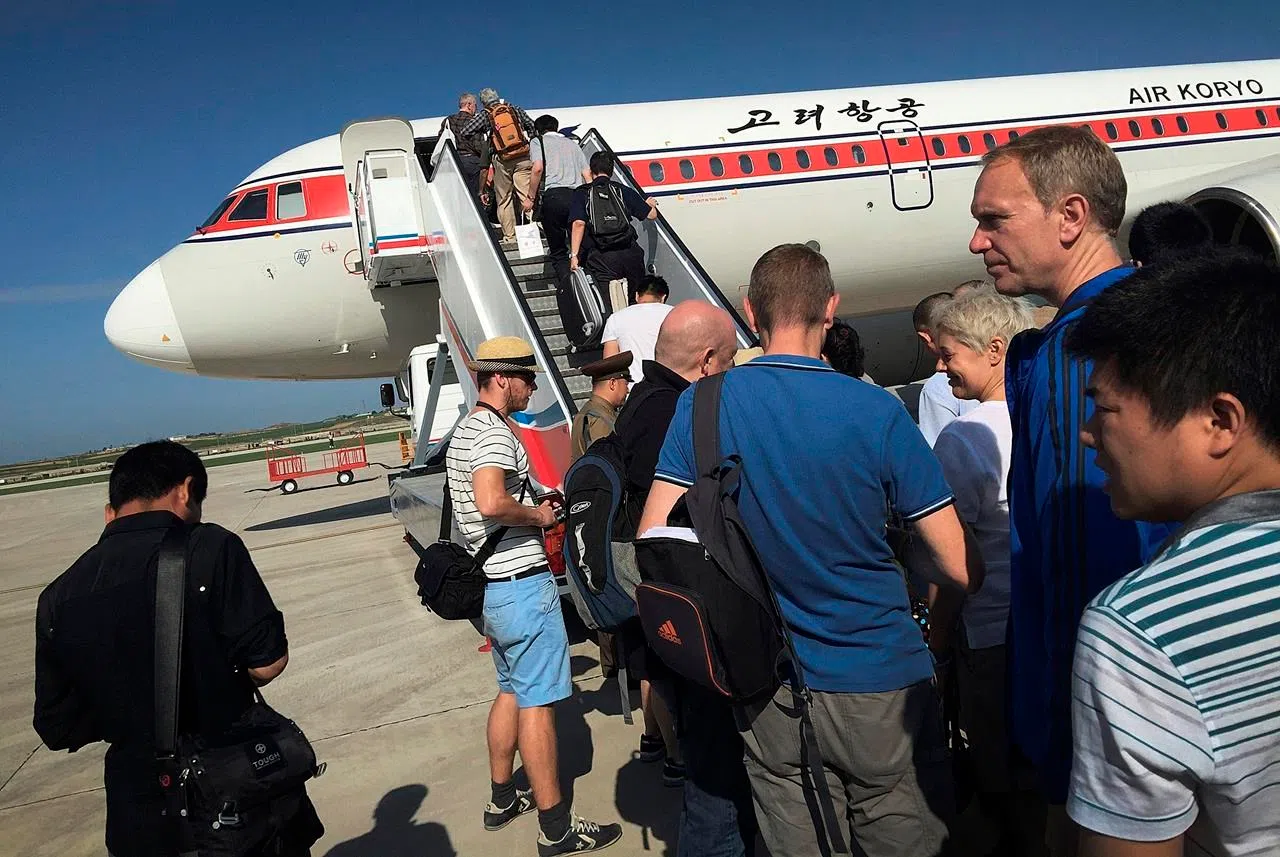
Trump’s travel ban unlikely to affect North Korea
SEOUL, Korea, Republic Of — U.S. President Donald Trump’s new restrictions on visitors from several nations are largely symbolic in North Korea’s case, because not many of its citizens visit the United States.
North Korea’s authoritarian government doesn’t allow most of its 24 million people to travel abroad, except in special cases such as for jobs that bring in foreign currency or participation in sporting events. North Korea has tens of thousands of workers abroad, but none are believed to be in the United States.
Reports say there is a dwindling number of North Koreans visiting the United States amid the standoff over the North’s nuclear and missile programs.
“It’s a symbolic measure,” Hong Min, an analyst at the Korea Institute for National Unification in Seoul, said of including North Korea in the latest U.S. immigration restrictions. “North Korea won’t probably make any response.”


